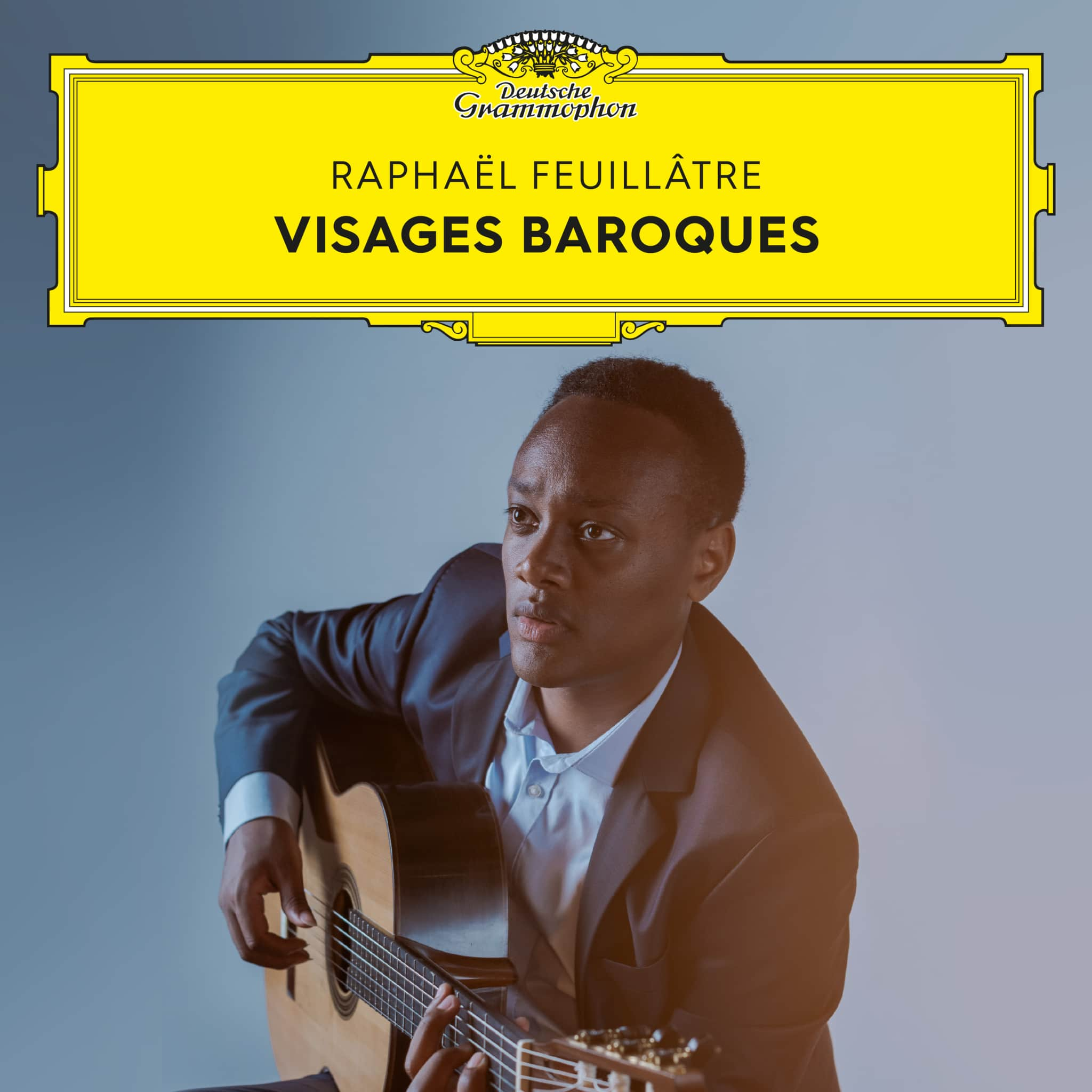Visages baroques: Fascinating Works by Pancrace Royer on STAGE+
Raphaël Feuillâtre's Interpretation
Embark on a journey through the enchanting world of Baroque music with Pancrace Royer’s sumptuous compositions on STAGE+. Known as an immaculate harpsichordist, his exhilarating works cut through time to resonate with modern audiences seeking evocative and rich melodies. Under the banner of "Visages baroques," Raphaël Feuillâtre, one of the most talented guitarists of his generation, leads the exploration of Royer’s magnificent opus. His interpretation brings a new lease of life to these timeless classics.
The Charm of Baroque Music
Experience a unique journey that intertwines elegance, dynamism, and emotion that are quintessentially Baroque and unmistakably Royer’s. With the power to captivate listeners, the fascinating works of Pancrace Royer on STAGE+ promises a truly sensory delight. Be it the passionate and lively 'La Marche des Scythes,' the lyrical and tender 'La Zaïde,' or the vibrant 'Le Vertigo,' each piece is an enchanting testament to Royer's genius. Join Feuillâtre in rediscovering the magic and charm of Royer. Delve deep into the heart of Baroque with "Visages Baroques" and find yourself enthralled by the captivating world of Pancrace Royer on Stage+.
Joseph-Nicolas-Pancrace Royer: A Brief Biography
Joseph-Nicolas-Pancrace Royer (1705–1755) was a prominent figure in French Baroque music, celebrated as a composer, harpsichordist, organist, and influential administrator. Born in Turin to French parents, Royer moved to Paris in 1725, where he quickly built a reputation not only for his sensitive and virtuosic keyboard performances but also for his significant contributions to the French musical establishment.
Key Highlights of Royer's Career
Royer was appointed maître de musique des enfants de France in 1734, charged with the musical education of the children of King Louis XV. He served as co-director of the influential Concerts Spirituels alongside Jean-Joseph de Mondonville from 1748. In 1753, he attained the prestigious roles of music director of the chambre du roi and director of the Royal Opera orchestra.
Major Works and Musical Style
Royer is best remembered for both his operatic and keyboard output. His most famous opera is the ballet héroïque Zaïde, reine de Grenade. His Pièces de Clavecin (1746), a collection of harpsichord music, stands out for its brilliant virtuosity, expressive ornamentation, and inventive character pieces, such as "L'Aimable" and the lively "Tambourins". These works capture the richly ornamented and theatrical spirit of the French Baroque, often demanding exceptional technical skill and musical sensitivity from the performer.
Legacy
While Royer may be less widely known than some of his contemporaries, his music is celebrated among enthusiasts of Baroque keyboard repertoire and is increasingly performed and recorded today, notably by artists such as Raphaël Feuillâtre. His works reveal a unique blend of French elegance and Italianate brilliance, reflecting his origins and his Parisian career. Royer's distinctive voice in the Baroque era continues to fascinate audiences, offering both exuberant showpieces and intimate reflections.
